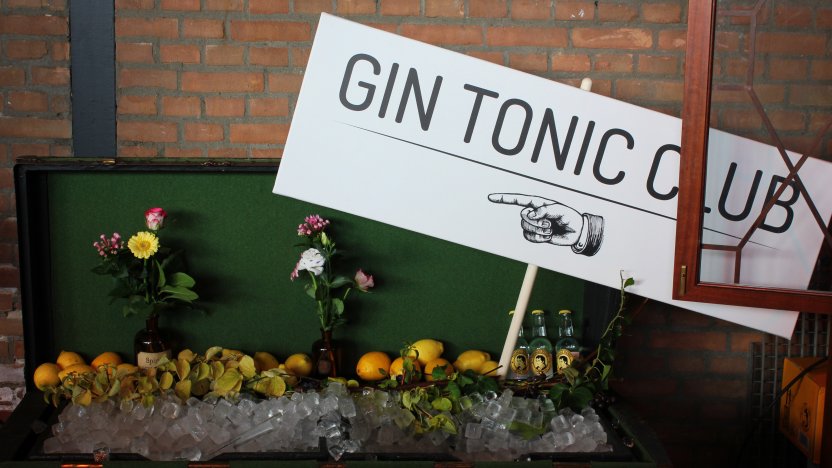EU confirms tonic water can be called… tonic water

The ruling follows years of uncertainty for tonic water brands, as a result of the introduction of EU nutrition and health claim regulations, designed to prevent food and drink products from implying positive health benefits.
While the new EU regulations have been broadly welcomed by consumer groups, there was concern that manufacturers of tonic water would get caught out by the new rules, due to the mixer’s origins.
The carbonated drink famously originated in India in the 19th century as a source of quinine for malaria prevention. These days, tonic water has a significantly lower quinine content and is favoured as a mixer for gin and tonic due to its distinctive bitter flavour.
Although technically falling under health claims regulation, the new EU ruling has confirmed that tonic water will be exempt. This is good news for manufacturers, who would otherwise have to rebrand, repackage and remarket their products.
A generic term
As part of its efforts to make the case for tonic water, the British Soft Drinks Association (BSDA) submitted evidence to the EU in May 2014 that showed that ‘tonic water’ has gone by this name (or the equivalent in the local language) in all EU countries over several decades, and should therefore be recognised as a generic descriptor. Generic descriptors are used for foods and beverages that could imply an effect on health, but that are not interpreted by consumers in this way and thus are exempt from health claim regulation.
The courts agreed stating: “The term ‘tonic’ and the equivalent linguistic forms, namely, ‘tonik’, ‘tónico’, ‘tónica’ and ‘tonică’, when they are used as part of the descriptive name of a beverage, fall into the scope of Regulation (EC) No 1924/2006 [nutrition and health claims made on foods], because they can imply a relationship between a food bearing this term and health. However, evidence has been provided that these terms have been used traditionally […] as generic descriptors to describe a class of beverages, namely, a non-alcoholic carbonated beverage containing the bittering agent quinine in the form of the flavourings FL 14.011, FL 14.152 or FL 14.155. In particular, the terms ‘tonic’ and the equivalent linguistic forms, when they are used as part of the descriptive name of a beverage, have neither been used with the aim to indicate a health effect of this class of beverages nor are understood by an average consumer as claiming a health effect of this class of beverages.
“Derogation from Regulation (EC) No 1924/2006 should therefore be granted for the use of the generic descriptor ‘tonic’ (in English), when used as part of the descriptive name of a non-alcoholic carbonated beverage containing the bittering agent quinine.”
A growing sector
Sales of tonic water have been booming in recent years, in part driven by a renaissance in the popularity of gin and the launch of a number of new tonic water brands. The global market for the mixer is expected to increase by 6.5% annually between 2018-2023, according to Mordor Intelligence, with demand particularly high in Europe and North America.